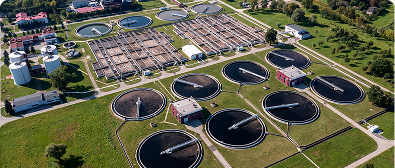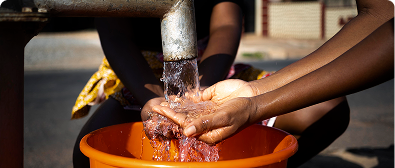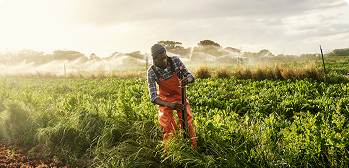
A WaterWise Nation
Act Today. Sustain Tomorrow
Join the movement driving innovation, sustainability, and smarter water use.
Why we need a water wise nation
South Africa’s water is under pressure. By using it more wisely today, we can secure a sustainable future for communities, the economy, and the environment.
It's time to act. From homes to industries, from classrooms to communities, every effort counts. Together, we can become a WaterWise Nation, where what we do today sustains tomorrow. Join the movement. Make your move.
The Water Research Commission (WRC) is South Africa’s leading institution dedicated to advancing water research, innovation, and sustainable management. As the custodian of the A WaterWise Nation campaign, the WRC drives collaboration, education, and action to build a water-secure future for all South Africans.
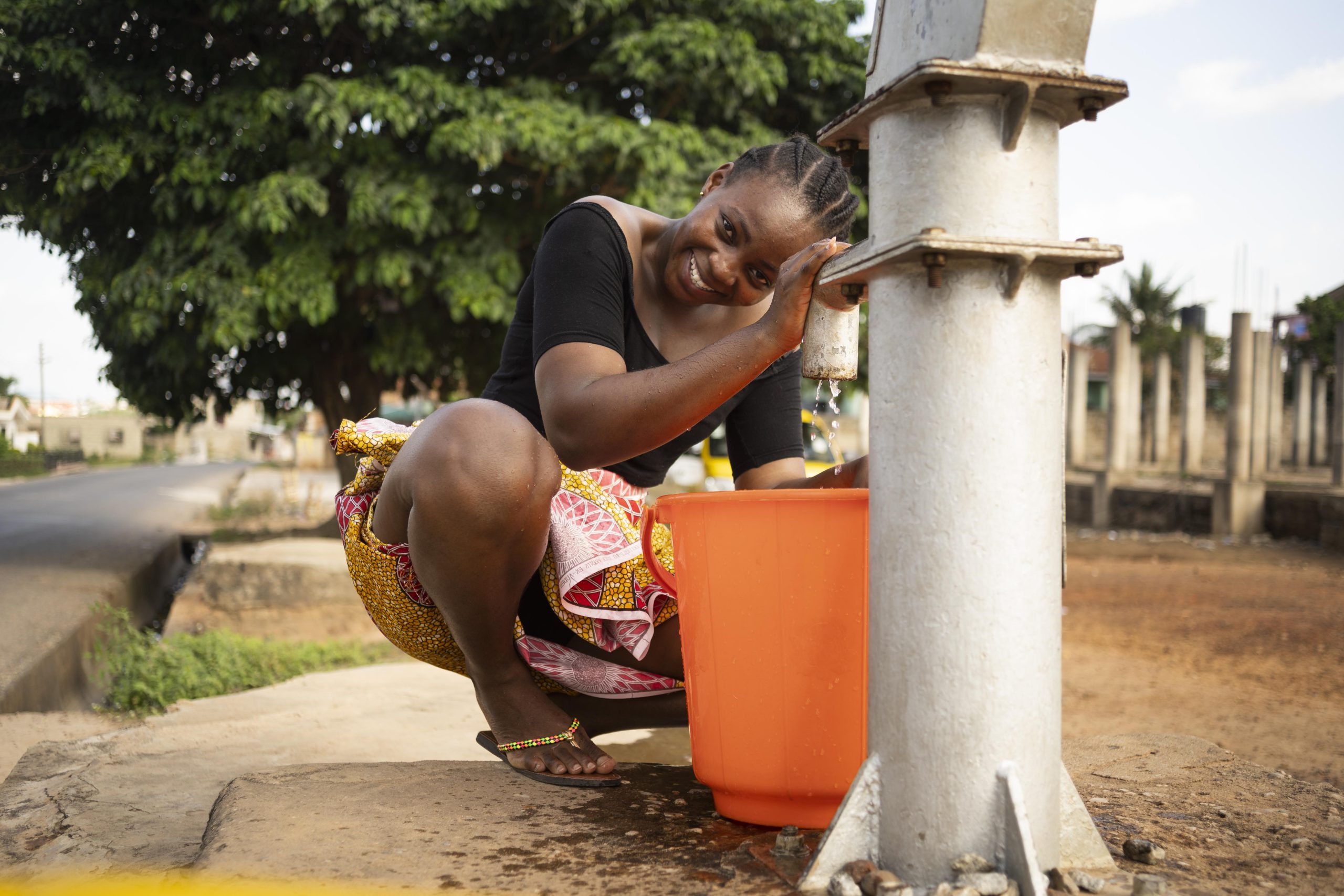
Expert opinions
These case studies and information showcase innovative thinking, behaviour change,
and collective action that are already shaping a more sustainable water future.
Water resource hub
Get practical information to help you act with impact.
![]()
Industry and
business
![]()
Household and communities
- The South African water compendium
- How to save water – A householder’s handbook
- A Water-Efficient Home - Smart Habits for Big Savings
- DWS Water Saving Tips
- Saving Water in the Garden and Outdoors
- Water Wise Nation Campaign (English)
- Water Wise Nation Campaign (Afrikaans)
- Water Wise Nation Campaign (Venda)
- Water Wise Nation Campaign (Pedi)
- Water Wise Nation Campaign (Setswana)
- Water Wise Nation Campaign (Zulu)
- WWater Wise Nation Campaign 2 (English)
- WWater Wise Nation Campaign 2 (Afrikaans)
- Water Wise Nation Campaign 2 (Pedi)
- Water Wise Nation Campaign 2 (Setswana)
- Water Wise Nation Campaign 2 (Zulu)
Water-Saving Tips for a WaterWise Nation
Make every drop count with easy-to-follow advice on conserving water indoors and outdoors.

Fix leaks fast
Leaky taps, pipes, and toilets waste thousands of litres daily. Prioritise maintenance and leak detection.

Harvest rainwater
Install rainwater tanks to reduce reliance on municipal supply and irrigate responsibly.
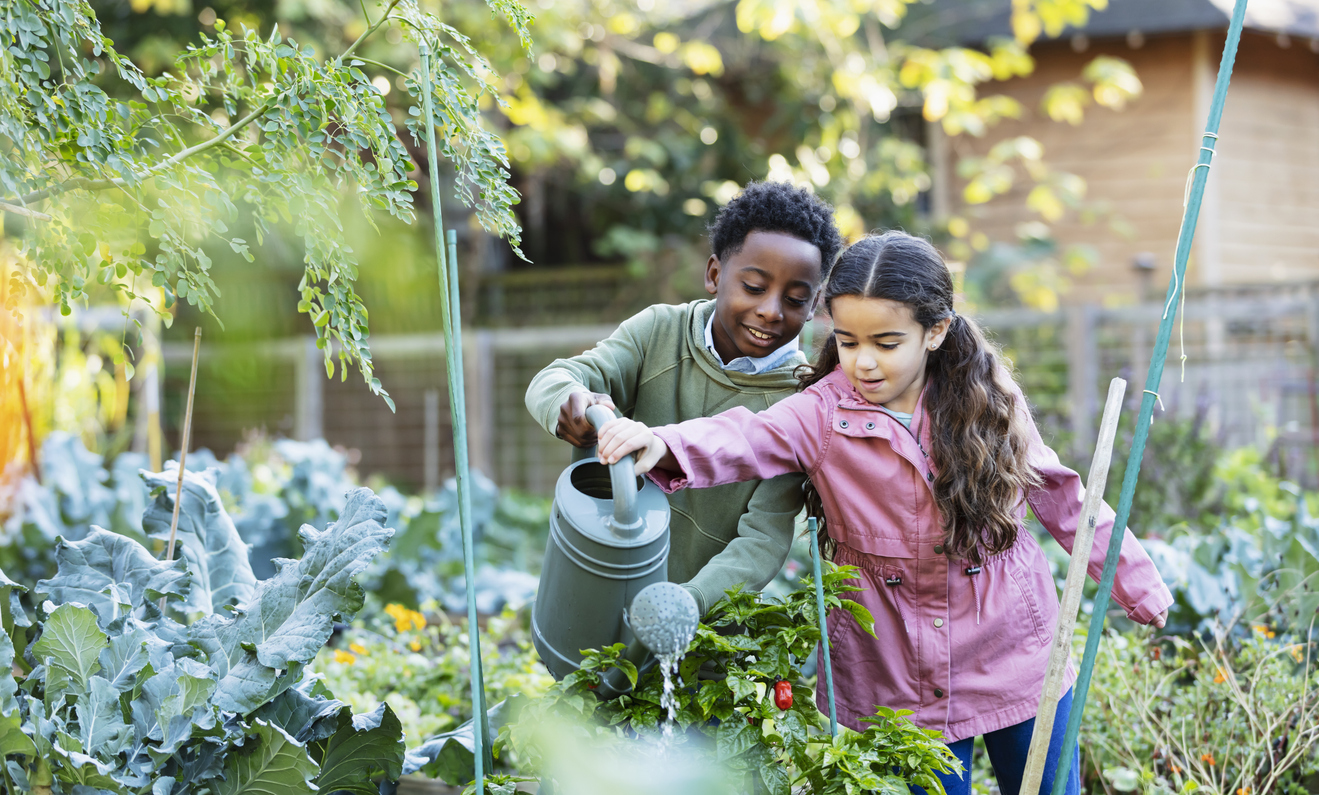
Use Water-Saving Systems
Refit taps, showers, toilets, and irrigation with smart tech to cut water use at the source.

Monitor water usage
Install water meters to track and manage water use, because what gets measured gets managed.

Educate for impact
Integrate water-saving lessons into classrooms, workplace training, and community events. Awareness drives action.

Reuse greywater safely
Use water from baths, sinks, or washing machines (with proper filtration) to water gardens or flush toilets, at home, on farms, or in schools.

Optimise operations
Industries and farms should review and redesign systems for water efficiency, like closed-loop cooling, drip irrigation, and recycling.

Lead by example
Educators, business leaders, and community influencers should model water-wise habits and share success stories to inspire collective change.
